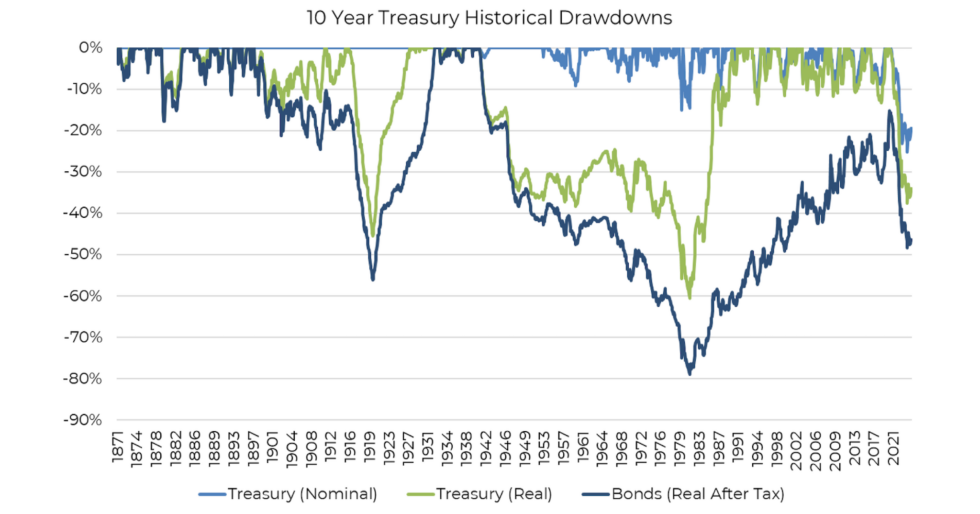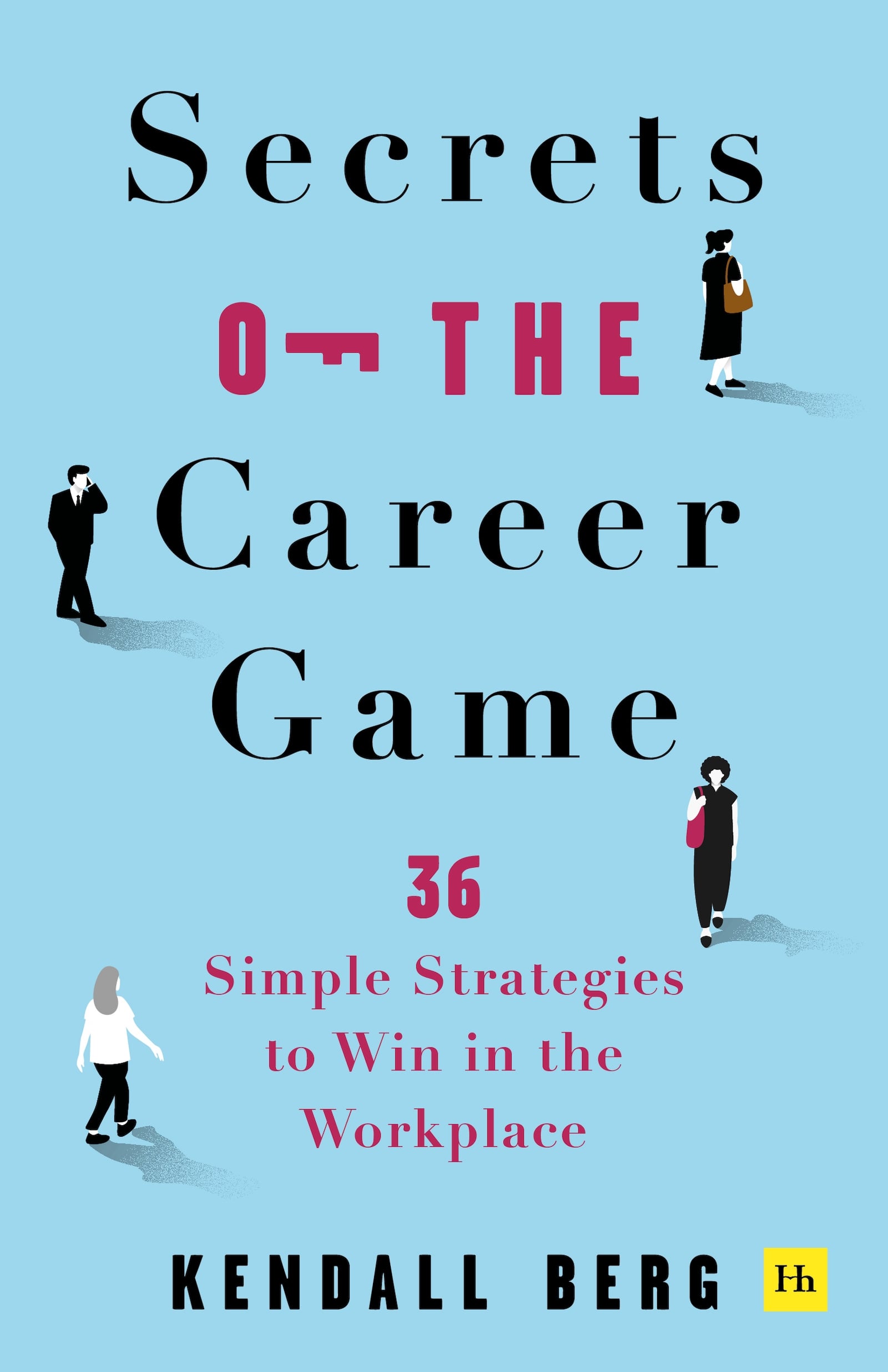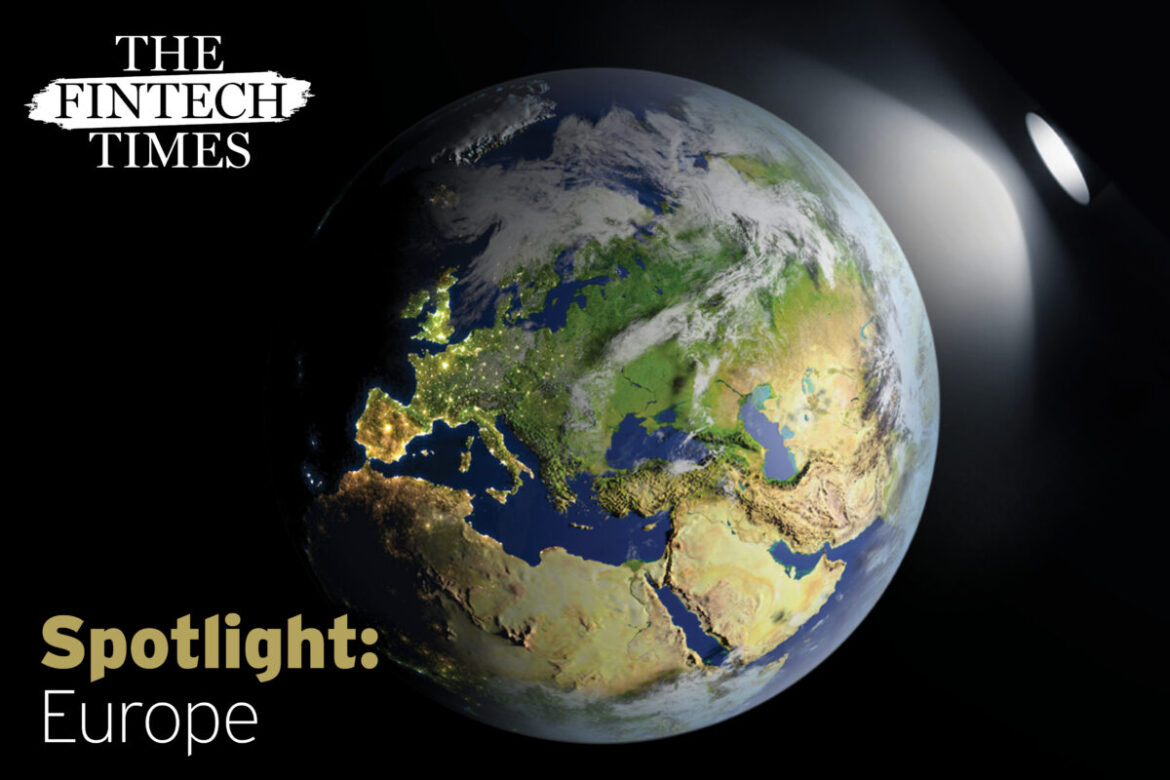For as many streaming services as there is currently are, Netflix remains possibly the premiere platform to watch movies and television shows. The first mainstream streaming service there was, it’s a platform that continues to boast some of the finest and most noteworthy movies you’ll find anywhere.
With a streaming catalog mixed between Netflix original movies and endless amounts of well-known movies like Léon: The Professional, Friday, and Phantom Thread there’s no shortage of potential viewing options when it comes to Netflix’s impressive lineup of movies.
Here are some of the movies you can currently find streaming on Netflix that we’d recommend checking out.
Updated: October 27.
Action: Léon: The Professional
One of the best action movies of the ‘90s (and one of the first to showcase Natalie Portman’s talents as an actor), Léon: The Professional feels like a long lost crime film from the French New Wave combined with the action-style of The Matrix.
Léon (Jean Reno) is a solitary hitman operating out of New York City. After a neighboring family in his apartment building is massacred by a corrupt DEA agent (Gary Oldman), Léon invites the sole survivor, a 12-year old girl (Portman), to live with him.
While the action sequences and main narrative are interesting in themselves, what makes Léon so worth watching is the performances. Reno is astounding as the lonely assassin who lives by his own stringent set of principles; Oldman excels as the unhinged, Mozart-loving Stansfield; and Portman hands one of the greatest performances of a young actor, full of emotion and childish angst, fueled by her singular desire for revenge.
Comedy: Friday
Stoner comedies tend to target a niche audience, failing to properly engage or entertain larger numbers of viewers outside of that circle. However, every so often, a movie will come along that’s able to delight practically everyone who watches it — 1995’s Friday being a perfect example.
In southern Los Angeles, best friends Craig (Ice Cube) and Smokey (Chris Tucker) are presented with a serious problem. Unemployed and with no means to make money, they must collect $200 to pay off a drug dealer (Faizon Love) within 24 hours, or else they’ll both end up killed.
With excellent writing, incredible comedic elements, and all-around amazing performances from the cast involved (thanks in large part to Ice Cube and Tucker’s superb chemistry), Friday is a buddy comedy film that’s impossible not to laugh at. The success of the film launched two sequels and an animated series on MTV2, but it’s the original movie that remains worth seeing.
Fantasy: Beowulf
Neil Gaiman may pivot between horror, fantasy, and sci-fi in his diverse body of work, but it’s fantasy alone where Gaiman shines as an entertainer. In this 2007 Gaiman-penned film, he explores the mythical narrative of Beowulf, updating it for the current age with a sizable cast (including Ray Winstone, Crispin Glover, Angelina Jolie, and Anthony Hopkins).
In sixth century Denmark, the respected Geatish warrior Beowulf (Winstone) hunts Grendel (Glover), a legendary monster menacing a nearby kingdom belonging to Hrothgar (Hopkins).
Expanding upon the original poem, Beowulf utilizes a modern approach to the age-old text, weaving in diverse elements of psychology ranging from Freud and Jung to gender theory. The resulting film gives way to an almost postmodern interpretation of Beowulf — a meticulously-designed animated film that’s just as enrapturing to look at as it is to closely analyze.
Romance: Phantom Thread
Director Paul Thomas Anderson has covered practically every film genre in the books, from the psychedelic detective romp to the quirky romantic comedy. With his 2017 film, Phantom Thread, Anderson turned his attention to a far more specific genre: the Gothic romance film.
Reynolds Woodcock (Daniel Day-Lewis) is the premiere designer of the 1950s London fashion industry. Finding inspiration and companionship in a young waitress (Vicky Krieps), the two begin spending more time together, their relationship soon marred by Reynolds’ condescending attitude.
A film that invokes the eerie atmosphere of Rebecca, Jane Austen, and the Brontë sisters, Phantom Thread was the final film of Daniel Day-Lewis — and boy, what a final performance it was. Beautifully shot and outstandingly well-acted, it’s one of Anderson’s best films (which is definitely saying something considering this is the same man who directed Boogie Nights, There Will Be Blood, and The Master).
Horror: Under the Shadow
Some of the most memorable horror films are those that balance their supernatural themes with a basis in historical reality. These movies include such hits as Pan’s Labyrinth, The Devil’s Backbone, and the 2016 Persian-language film, Under the Shadow.
Amid the 1980s’ War of the Cities, a mother (Narges Rashidi) and her young daughter (Avin Manshadi) begin to suspect that a paranormal entity has taken refuge in their Tehran household.
How Under the Shadow wasn’t even nominated at the Oscars for Best Foreign Language Film is anyone’s guess. Lack of accolades aside, the film expertly combines the real-life anxieties triggered by war, personified by the inhuman force invading the house.
Thriller: The Nightingale
The words brutal, shocking, and tragic don’t even begin to cover the 2018 revenge thriller, The Nightingale. While it can be hard to stomach for most (in fact, a handful of early audience members walked out of initial screenings), The Nightingale is still a poignant tale of justice, acknowledging one of the most glossed-over historical periods in human history.
In the penal colony of 1820s Australia, a young Irish convict (Aisling Franciosi) suffers a shocking act of violence from a British army officer and his cohorts. Seeking vengeance, the convict pursues the soldiers across Van Diemen’s Land, aided by a local Indigenous tracker (Baykali Ganambarr) who has similarly suffered at the hands of the British.
Transposing the traditional Western to the Australian Outback, The Nightingale uses the genre to explore many of the atrocities committed on the Indigenous population of the nation. Giving voices to two people who were largely unable to speak out against their oppressors, it’s a movie that humanizes the disenfranchised, allowing us to gain a bigger perspective of that specific moment in history.
Crime: Hell or High Water
In desperate need of money to pay off his ranch, an unemployed father (Chris Pine) and his convict brother (Ben Foster) begin robbing banks. In hot pursuit of the siblings is an elderly Texas Ranger approaching retirement (Jeff Bridges) and his Indigenous partner (Gil Birmingham).
Taylor Sheridan has gone from being an entertaining supporting actor on Sons of Anarchy to one of the best screenwriters currently working today. Having made a name for himself with Sicario, Sheridan has been on a career hot streak with recent hits like Yellowstone and 1883.
Before those series became the talk of the town, though, Sheridan followed up the critical success of Sicario with Hell or High Water, a 2016 neo-Western that traded in horses and six-shooters with car chases and automatic rifles.
Documentary: Django & Django
Everybody knows Quentin Tarantino. Even if you’ve somehow never seen one of his movies, you’re at least aware of his general predilection for violence, harsh language, and his numerous references to obscure movies of the past. Decidedly less well-known is one of Tarantino’s main idols, Sergio Corbucci, whose influence on Tarantino’s work is achingly apparent.
In the 1960s, Corbucci became known as the second greatest Spaghetti Western director after Sergio Leone (the man behind the Dollars Trilogy, and another favorite of Tarantino’s). Filled with extreme violence, excessive gun battles, off-kilter humor, and deplorable characters, Corbucci’s films were an alternative to the more mainstream Spaghetti Westerns of his day.
You don’t have to be a Western or Corbucci fan to enjoy Django & Django (although it certainly helps if you’re a Tarantino fan). With Tarantino and other professionals who worked with Corbucci shedding light on the Italian director’s movies, the documentary explores Corbucci’s direct influence on the Western genre — even if he’s not as universally well-known as Leone, Hawks, or Ford.
Western: Concrete Cowboy
Like virtually all of his Stranger Things castmates, Caleb McLaughlin has been doing some phenomenal work outside of the hit Netflix show. Clear evidence of this fact can be found with McLaughlin’s 2020 feelgood neo-Western, Concrete Cowboy.
Fifteen-year-old Detroit native Cole (McLaughlin) is sent to live with his estranged father Harp (Idris Elba) in Philadelphia. Initially hesitant about the move, Cole soon finds a welcome community waiting for him in the city, bonding with a group of Black cowboys his father introduces him to.
Based on an actual subculture popular within Philadelphia (the Fletcher Street Urban Riding Club), Concrete Cowboy manages to deliver some genuine laughs and plenty of warm emotion. But at its heart, it also illustrates McLaughlin’s growing ability as an actor, able to share the screen with the likes of Elba.
Underrated: Legend
From a narrative perspective, Legend is … okay. But from an acting standpoint, it boasts arguably one of Tom Hardy’s finest performances, featuring the Academy Award-nominated actor in not one, but two fully succinct roles.
Reggie and Ronnie Kray (both played by Hardy) are two young hoods who rise through the criminal ranks in 1960s London. As their notoriety spreads, the brothers face mounting difficulty keeping their reputations in check.
Backed by incredible performers like Emily Browning, David Thewlis, Christopher Eccleston, Paul Bettany, and Taron Egerton, Legend is a perfect example of Hardy’s strengths as an actor. As Reggie, he can be sharp-witted, dialed-back, and charming to no ends; as Ronnie, he’s in your face, barely contained, filled with rage and aggression. It’s an inspired performance that adequately captures the spirit of the real-life Kray twins.
This article was produced and syndicated by Wealth of Geeks.
Richard Chachowski is a freelance writer based in New Jersey. He loves reading, his dog Tootsie, and pretty much every movie to ever exist (especially Star Wars).







































